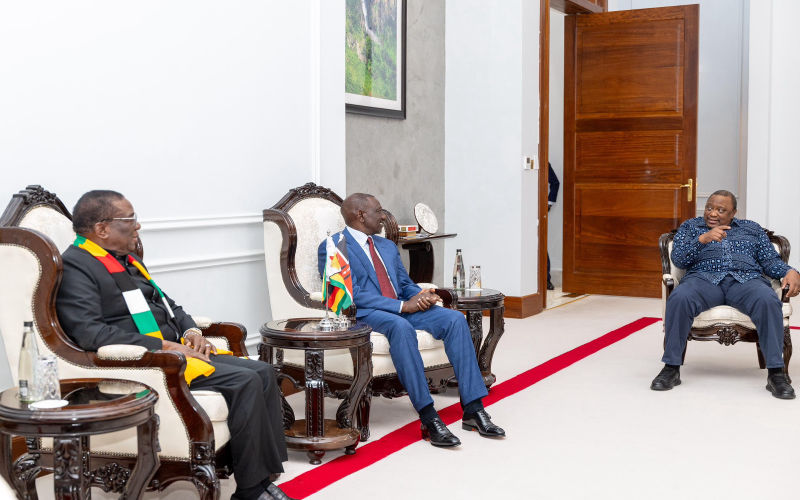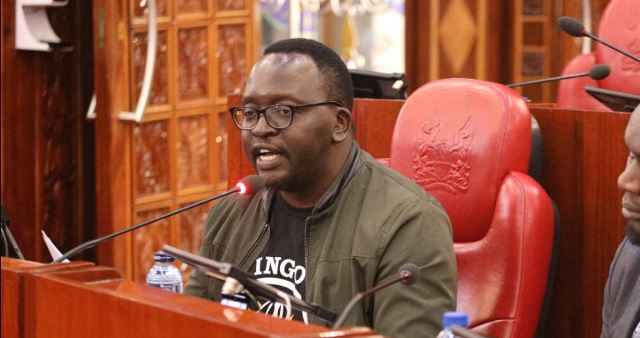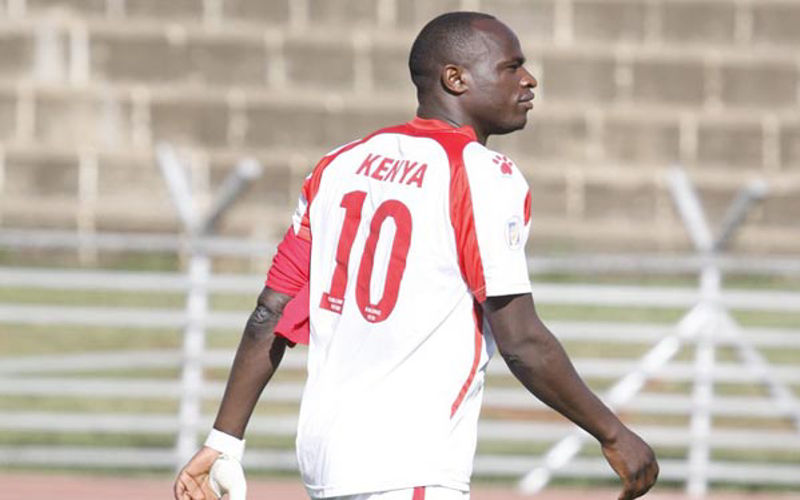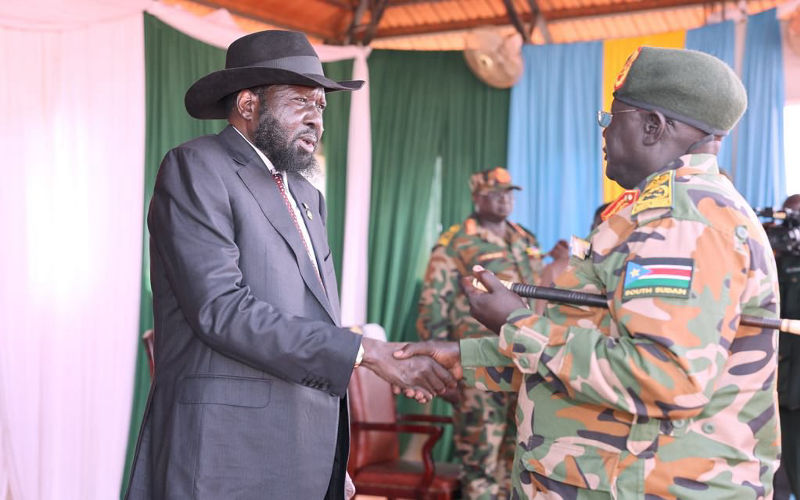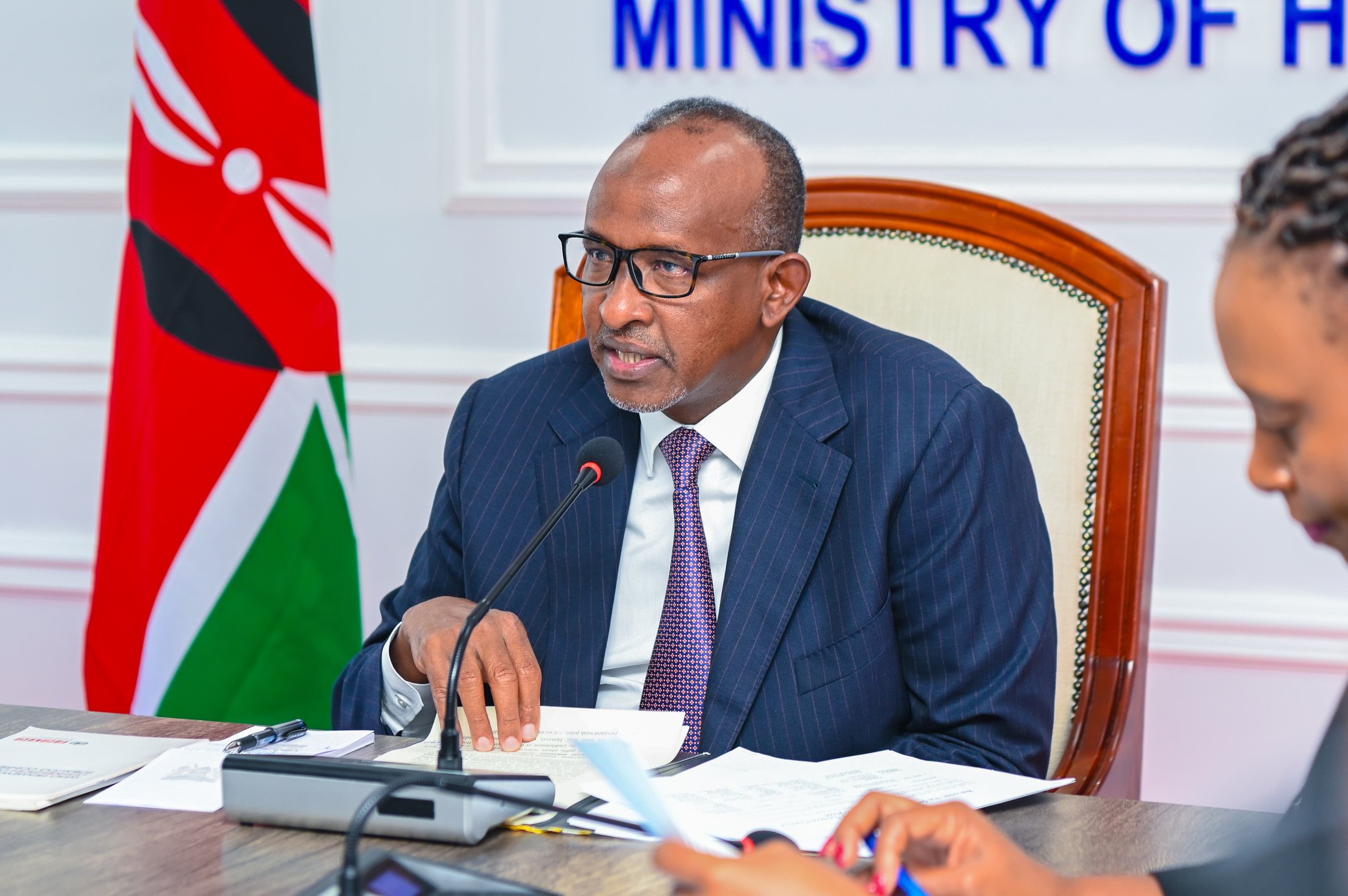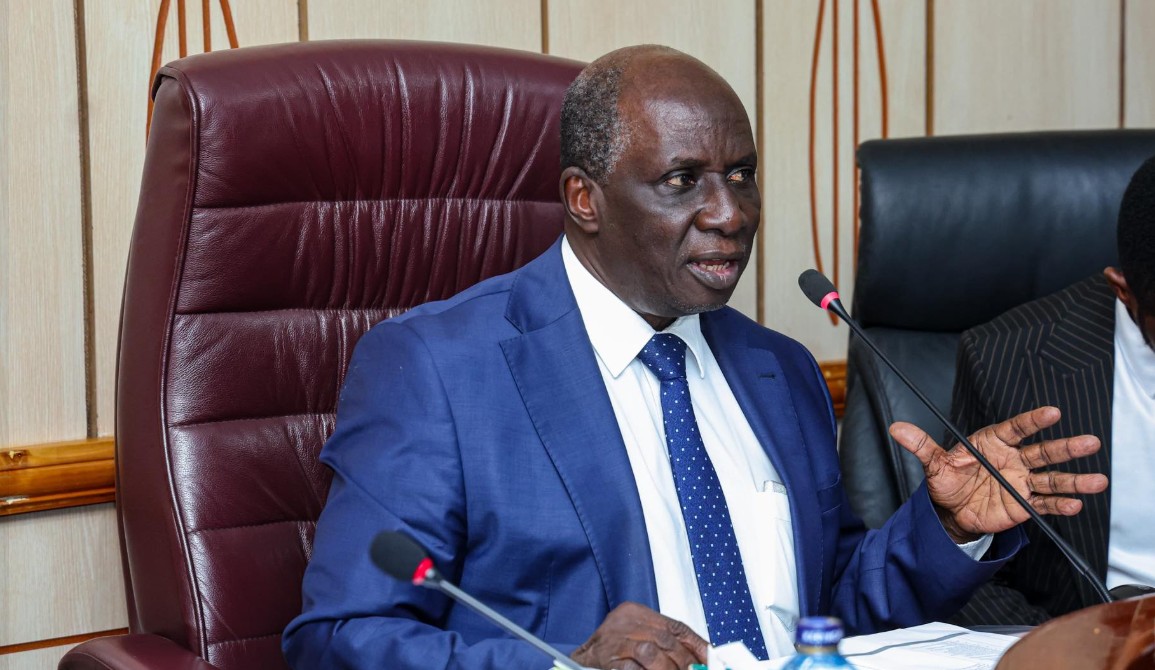Kenyan footballers find new horizons in the Somali Premier League
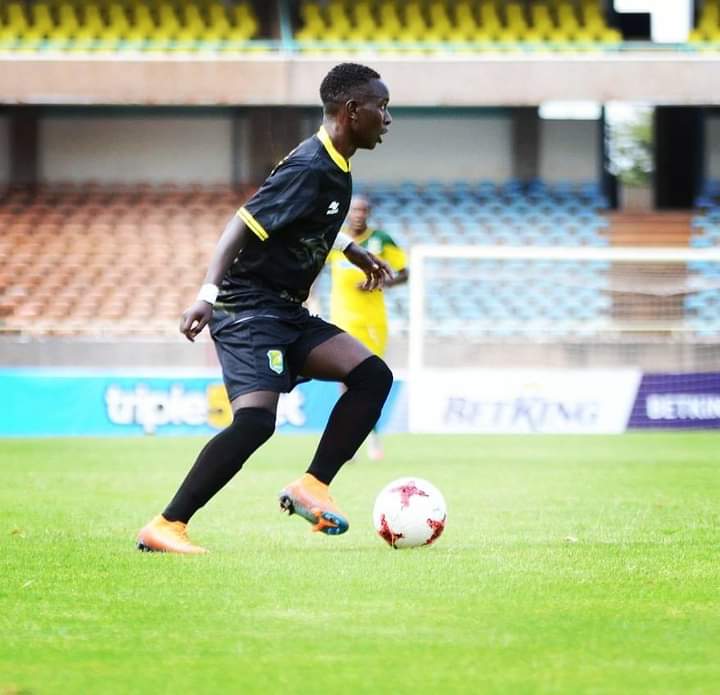
In recent years, a curious trend has emerged in Kenyan football circles, where players are forgoing the familiarity of their local market for the uncharted territories of the Somali Premier League. This unexpected migration challenges perceptions about Somalia, a country often associated more with turmoil than with soccer. While Kenya boasts a more developed football infrastructure and a higher GDP per capita compared to Somalia, the allure of opportunity and competitive play is proving irresistible to a growing number of Kenyan talents.
Somalia, nestled in the horn of Africa, has long been overshadowed by its struggles with terrorism, notably the activities of the outlawed Al Shabaab group. Unlike its neighboring football powerhouse Kenya, Somalia's football landscape remains relatively obscure, marked by modest infrastructure and lower-level club and national team performance. Yet, against all odds, Somali football clubs have managed to entice Kenyan players to their shores, offering what many perceive as greener pastures. This migration, documented over the last two transfer windows, underscores the shifting dynamics within African football.
One such player, Erick Odhiambo, once on the brink of a promising career in Kenya, made the leap to Somalia in pursuit of better prospects. Despite initial doubts about the safety and quality of play, Odhiambo found himself drawn to the competitive environment and professional treatment offered by Somali clubs. His sentiments echo those of numerous other Kenyan-born players who have made similar moves, including Abdi-Muya Salim and Handwalla Mohamed Bwana.
More To Read
- Tusker FC releases nine players as squad reshuffle begins
- Veteran coach Ghost Mulee tears into Kenyan football’s empty promises
- Melawa FC prepare for top-of-the-table clash against Fearl FC
- Gor Mahia disbands entire technical bench after trophyless season
- Boniface Ambani elected AFC Leopards chairman
- Gor Mahia moves to professionalise operations after Mashemeji Derby mix-up
"The offer tabled by the club and the eye-catching infrastructure was too good to turn down," Odhiambo told Sports Boom. "They gave me a good deal and their pay is always on time. Their league is competitive contrary to what many believe. What makes it competitive is the fact that each club has six slots filled by foreign players. You obviously can't bring in a player from a foreign country and give him a bad deal."
The appeal of Somalia's football infrastructure and opportunities cannot be understated. For Odhiambo, the decision was motivated not only by financial incentives but also by the palpable improvements he witnessed in Somali football's development efforts. This sentiment is echoed by players like Omar Mwandaru, who, despite initial skepticism, found himself embracing the competitive spirit and camaraderie fostered by Somali football clubs.
"Somalia clubs have invested big in their playing units and pay well on time," Mwandaru notes. "I haven't experienced terror-related or any sort of attack since I stepped foot in Somalia. People love football here and their league is competitive."
As the exodus of Kenyan players to Somalia continues unabated, concerns have been raised about the long-term implications for Kenya's football development. Kisumu AllStars Coach Charles Bruno, himself a former player, emphasizes the need for strategic interventions to retain talent and elevate the standards of domestic football. Despite the allure of immediate financial gains, Bruno advocates for patience and investment in players' long-term development.
"There is nothing which motivates our players to move to Somalia apart from money," Bruno states. "We are losing fast-rising talents to Somalia which shouldn't be the case. I acknowledge that times are hard but this should be checked as the Somali league is way below in terms of standards and competitive nature."
In the eyes of players like Danson Kiprono, whose stint in Somalia proved enlightening, the journey across borders represents not just a pursuit of wealth but also a quest for growth and new experiences.
Top Stories Today



